
Share this page with friends
4 foods to keep your bladder healthy and what to avoid
Not everybody knows this, but the food you eat has a massive impact on your body. Including your bladder. If you think of your body as a car, food is the fuel that’s used to power it. If you put in the wrong fuel, the car starts to break down. Your body is the same! In this article we’ll be taking a look at some of the food you can eat to maintain a healthy bladder, as well as what you ought to avoid.
Food that will help your bladder
Do you love eating? I do. So, let’s get it right. You’d be surprised at how much your diet can affect your bladder. Some foods can irritate the bladder and some foods can support good bladder health and even help you manage your incontinence. Here are some of the best foods to include in your diet if you’re working on your bladder weakness.
1. Cranberries
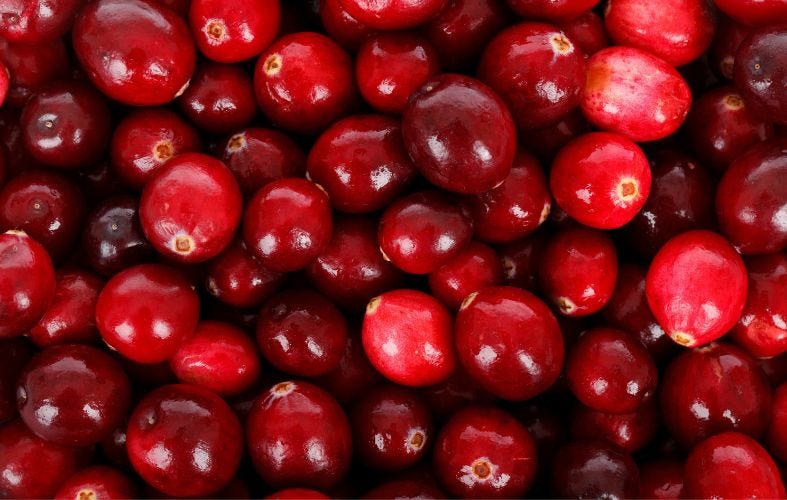
2. Foods rich in fibre
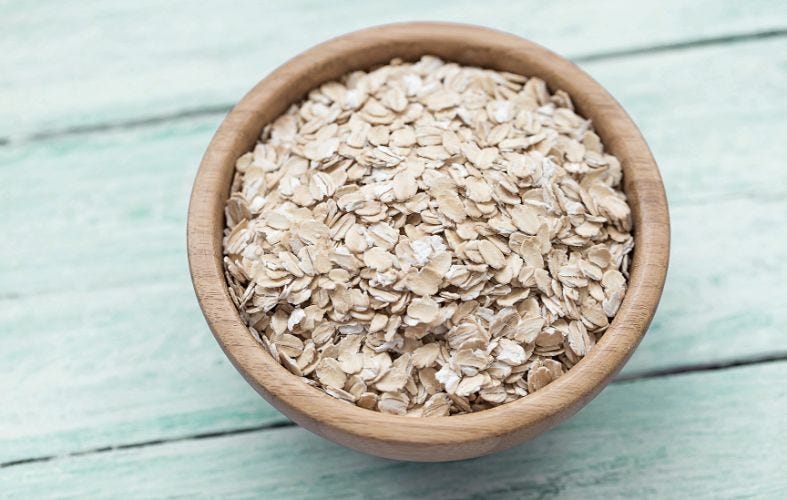
3. Leafy greens
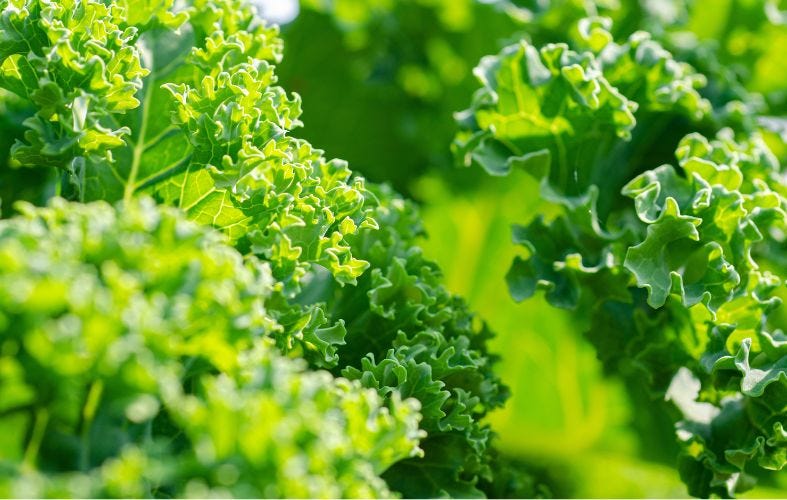
4. Bananas
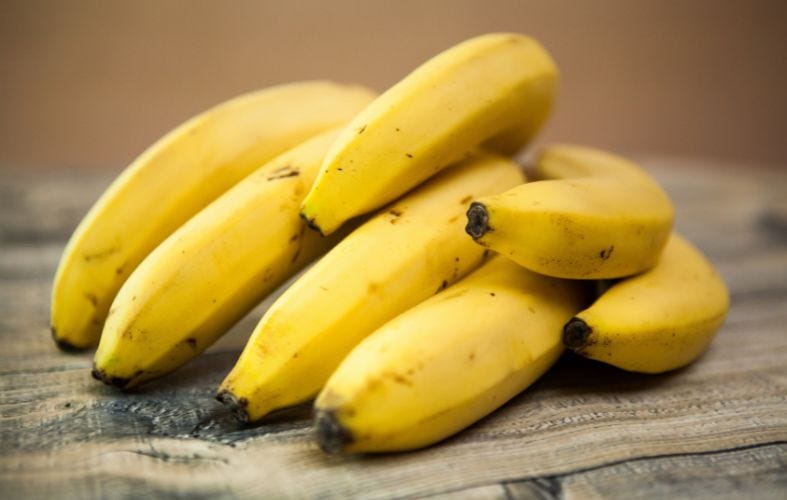
Food and drink you should avoid
As you may have guessed, unfortunately there are some foods and drinks that you’ll want to avoid if you want to maintain a healthy bladder. If you’re experiencing incontinence, the last thing you want to do is make it worse. But, if you’re not clued up, it’s easily done.
Don’t shoot the messenger, but alcohol, caffeine, fizzy drinks, spicy food, and artificial sweeteners are all bladder irritants. They can cause the bladder to contract more frequently or with more intensity, leading to leaks and accidents.
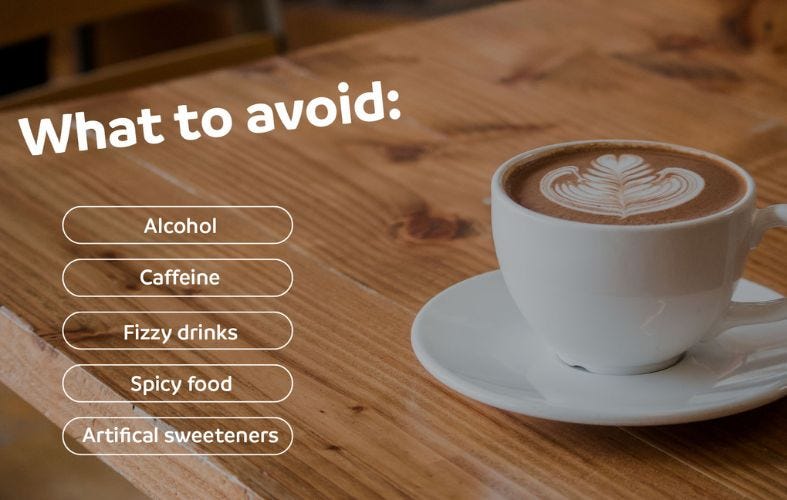
Alcohol is a diuretic, which means it increases urine production and can make incontinence worse. Caffeine also sits in the same camp, it has diuretic effects and can irritate the bladder lining; this is a difficult one to avoid if you’re a coffee fiend. Try switching to decaf if you need to break the habit. Fizzy drinks like lemonade, cola and sparkling water can be problematic because the bubbles can create gas in the bladder, leading to urgency and leaks. Spicy foods and artificial sweeteners have also been linked to bladder irritation and incontinence.
By limiting or avoiding bladder irritants, you may be able to reduce the frequency and severity of your incontinence symptoms. This can help you feel more confident and comfortable in your daily life, and may also reduce your reliance on incontinence products.
What to do in the meantime?
Let's be real, building a strong bladder and cutting out the bad stuff won't happen overnight. In the meantime you'll need a reliable, absorbent, affordable incontinence product right? We at Vivactive pride ourselves on providing premium incontinence items at an affordable cost. We're not here to squeeze you for every penny like supermarkets; we're here to give you the items you need at a cost that's fair. Take a look at our range below.





